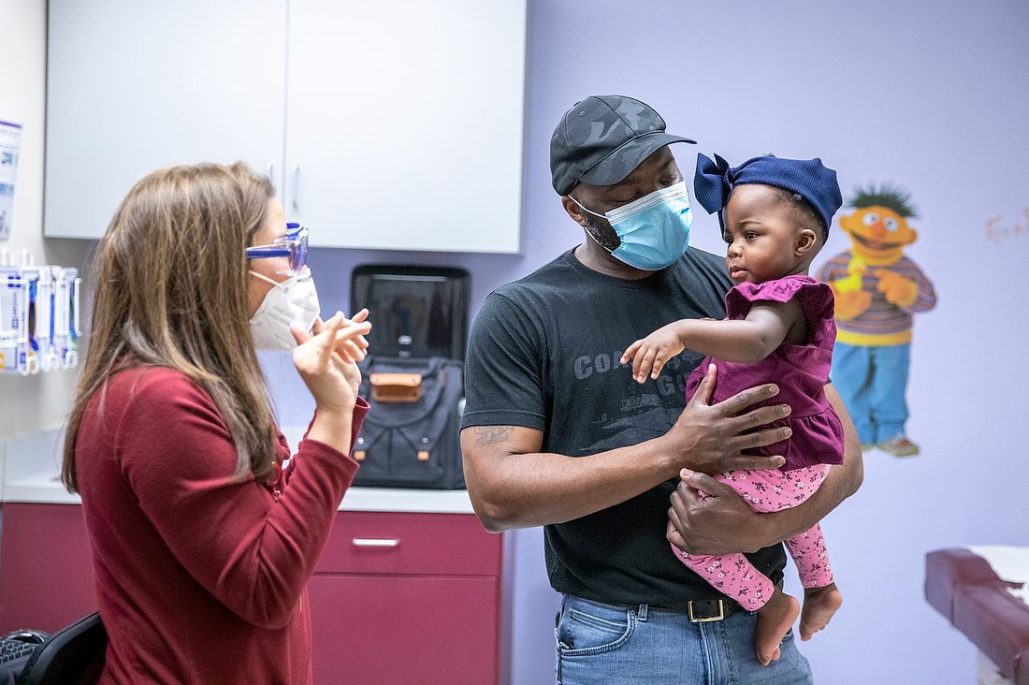Dixon is a medical doctor, a Professor of Psychiatry and Global Mental Health at the University of Zimbabwe and the London School of Hygiene & Tropical Medicine.
The “Friendship Bench” initiative in Zimbabwe, launched in 2006 by psychiatrist Dr. Dixon Chibanda, addresses the severe shortage of mental health professionals in the country. With only about 20 psychiatrists for a population of 15 million, the initiative trains grandmothers as lay health workers to provide problem-solving therapy and psychosocial support. These grandmothers, stationed on specially built benches, offer vital mental health counseling to their communities, leveraging their roles as trusted, culturally rooted figures to foster a supportive environment.
The initiative emerged from a tragic incident where a patient of Dr. Chibanda committed suicide due to the inability to afford transport for follow-up sessions. This led to the training of grandmothers to provide accessible mental health care. Their approach emphasizes empathy and practical problem-solving, helping individuals navigate their mental health challenges. The grandmothers receive training to enhance their listening and counseling skills, making mental health support more approachable and effective in a community setting.
The idea was to respond to a local need. Little did I know that what we were responding to was a global need.
The Friendship Bench has not only proven successful in Zimbabwe but has also been replicated in other African countries and even in resource-rich areas like Washington, DC. The model has garnered global recognition, with endorsements from the World Health Organization and significant philanthropic support, including a $2 million donation from MacKenzie Scott. The initiative’s success highlights the universal need for accessible mental health care and the effectiveness of community-based interventions in addressing mental health crises

